Village chief's concerns about agricultural products being forced to lower prices
For nearly 30 years as a village chief, Mr. Khong Minh Sang (Do village, Trung Gia commune, Hanoi city) has witnessed countless scenes of people working hard in the fields but being forced to lower prices by traders. In previous years, vegetables and melons were piled up in the yard when the season came, but no one knew who to sell them to; there were days when people brought their goods to the market, traders weighed them... and the next morning they quoted prices so low that there was no profit left. "There were days when the whole village had to weigh more than ten tons of melons, and no matter what price they offered, we had to accept it," he recalled.
It was times like these that made Mr. Sang wonder: what to do so that farmers no longer had to face the situation of "good harvest, low prices". From that anxiety, he began to encourage people to change the way they farm: not everyone works alone, not sell in small quantities, but must produce together according to clean processes, under the same brand to maintain the value of agricultural products.
“To produce cleanly, there must be concentrated areas, biological fences, and uniform processes. It is difficult for each household to do it separately,” he said. But at first, people had not joined the cooperative, so the organic vegetable model could not be implemented. It was not until 2020, when the Trung Gia Agricultural Services and General Business Cooperative was established, that his cherished dream became a reality. Through the cooperative, people have access to technical information on organic production, instructions on keeping a diary, applying standard processes, and regularly updating market information, helping them to proactively produce and improve economic efficiency.
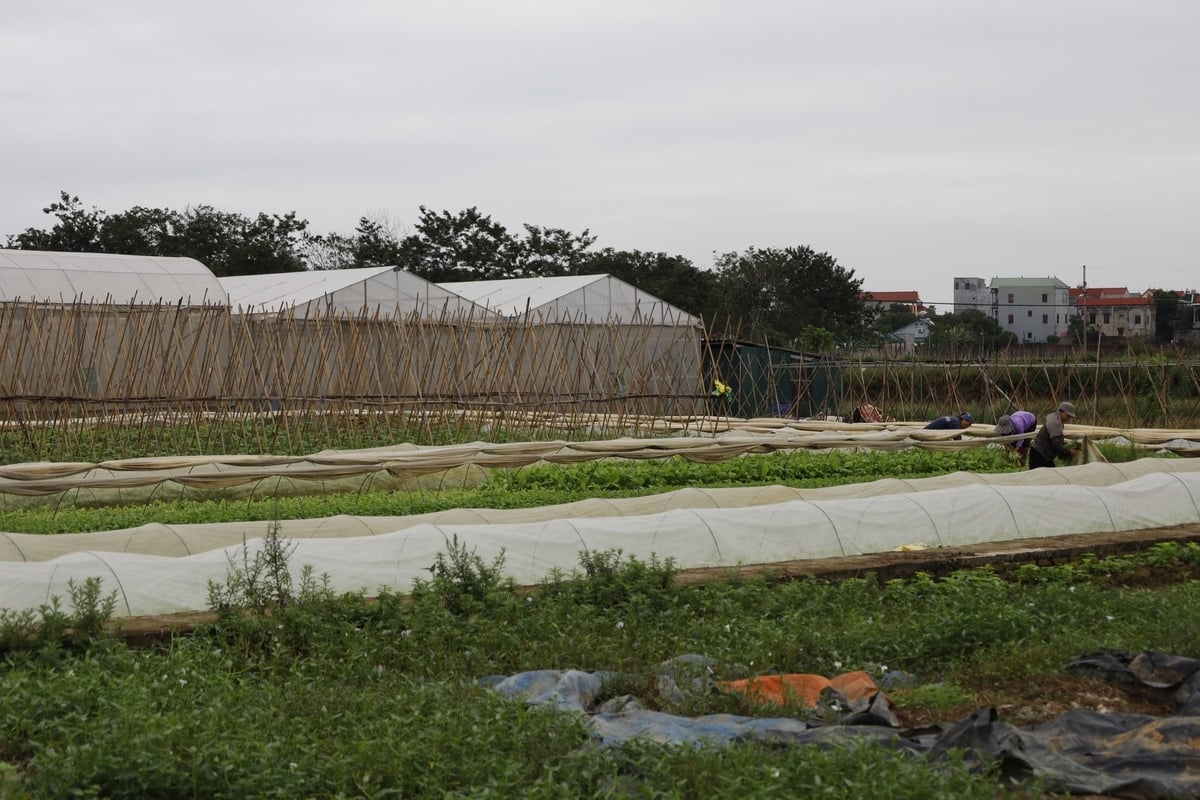
According to Mr. Khong Minh Sang, to produce cleanly, there must be concentrated areas, biological fences, and uniform processes. Photo: Hoang Hien.
From training courses on safe production, linking groups to the accompaniment of cooperatives in connecting the market, people not only changed their way of doing things but also changed their awareness: if they want to escape poverty and increase their income, they must work together and produce according to common standards. It was this context that gave Mr. Sang the motivation to persistently pursue the dream of improving his hometown's agricultural products for many years.
Clean vegetable initiative, escaping the obsession of "good harvest, low price"
On the first day of the campaign, there were times when more than 20 households participated, more than now. But then some were busy with family work, some lacked human resources, some were afraid that the organic process was too difficult... so many households gradually withdrew. The high-quality model requires meticulous care, while profits are not immediately visible. However, Mr. Sang still persevered, because he believes that only clean vegetables and methodical production can help farmers escape the vicious cycle of "seasonal food".
Thanks to technical training courses, market information and support from the cooperative, two organic vegetable production areas - Do village and Thong Nhat village - were formed, each with more than 3.5 hectares. The areas all apply green fences, crop rotation and strictly follow organic processes. From mustard greens, Malabar spinach, kohlrabi to zucchini, tomatoes... all are produced according to clean standards to supply processing enterprises and safe food store chains.
“In the past, people grew vegetables and sold them mainly to traders. Now, with organic products, there are units that purchase the products, so the prices are much more stable,” he said.
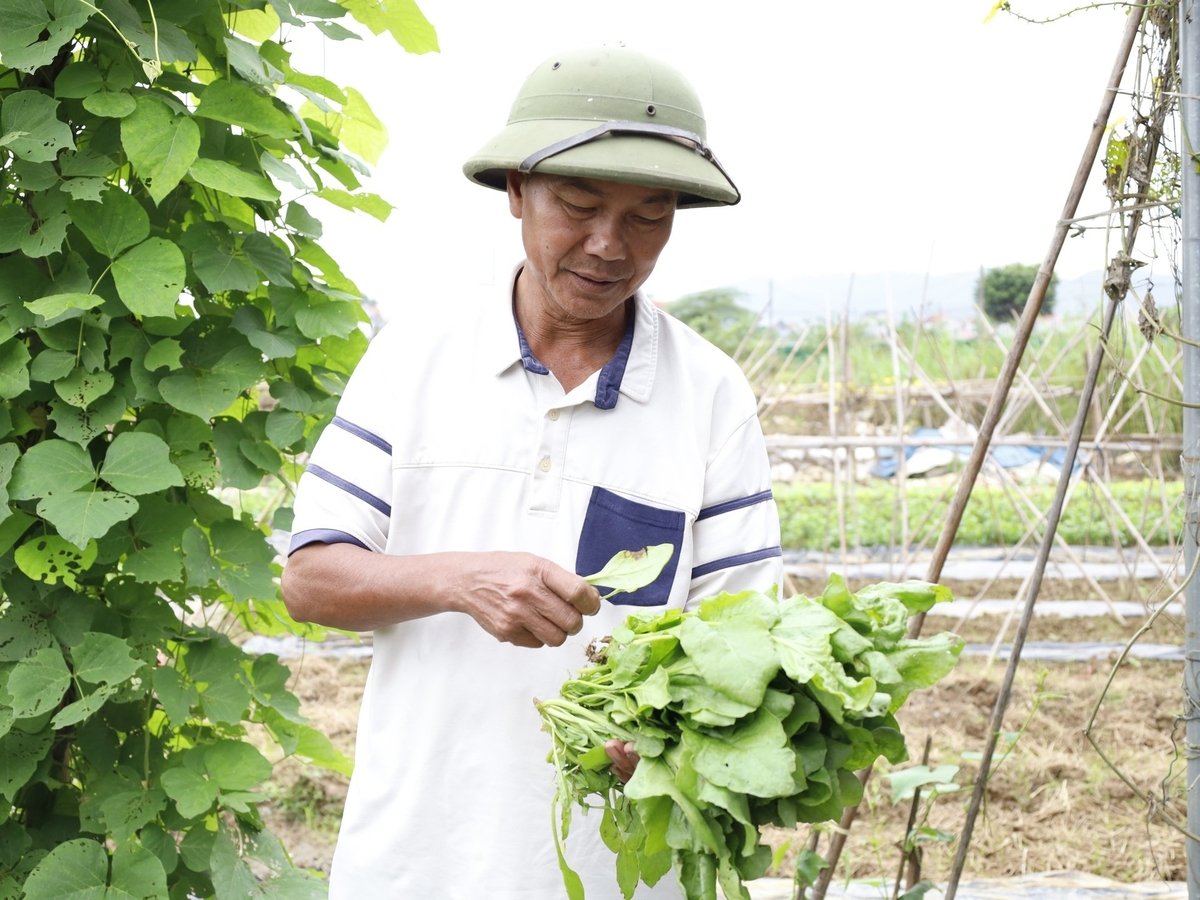
"What I hope for most is to create more jobs and increase income for people, so that everyone can feel secure in sticking with the organic vegetable growing profession," Mr. Sang shared. Photo: Mai Dan.
Not stopping there, Mr. Sang proposed to open a new growing area of nearly 4.8 hectares, right next to the current area. “The biggest wish is to create more jobs and income for the people. Growing rice is just enough to eat, if you want to get better, you have to grow vegetables,” he confided. The expansion is expected to be implemented as soon as the weather is favorable, with the support of the commune government and cooperatives - thanks to the technical information system and transparent market, people can completely feel secure to participate.
Cooperatives promote clean agricultural products
For Mr. Sang, cooperatives are the “shield” that protects farmers from being forced to lower prices. “It is very difficult for individuals to work with companies. With cooperatives standing up, people can rest assured because information about prices and markets is fully provided, and their interests are protected,” he analyzed.
It is the thinking of linking and accessing technical and market information that has helped the Trung Gia organic vegetable model become established. Many households, who were previously accustomed to working based on experience, have gradually changed their way of thinking and working: producing according to processes, keeping diaries, complying with techniques, working collectively, etc. When each farmer becomes a link in the safe production chain, the value of the product is also increased.
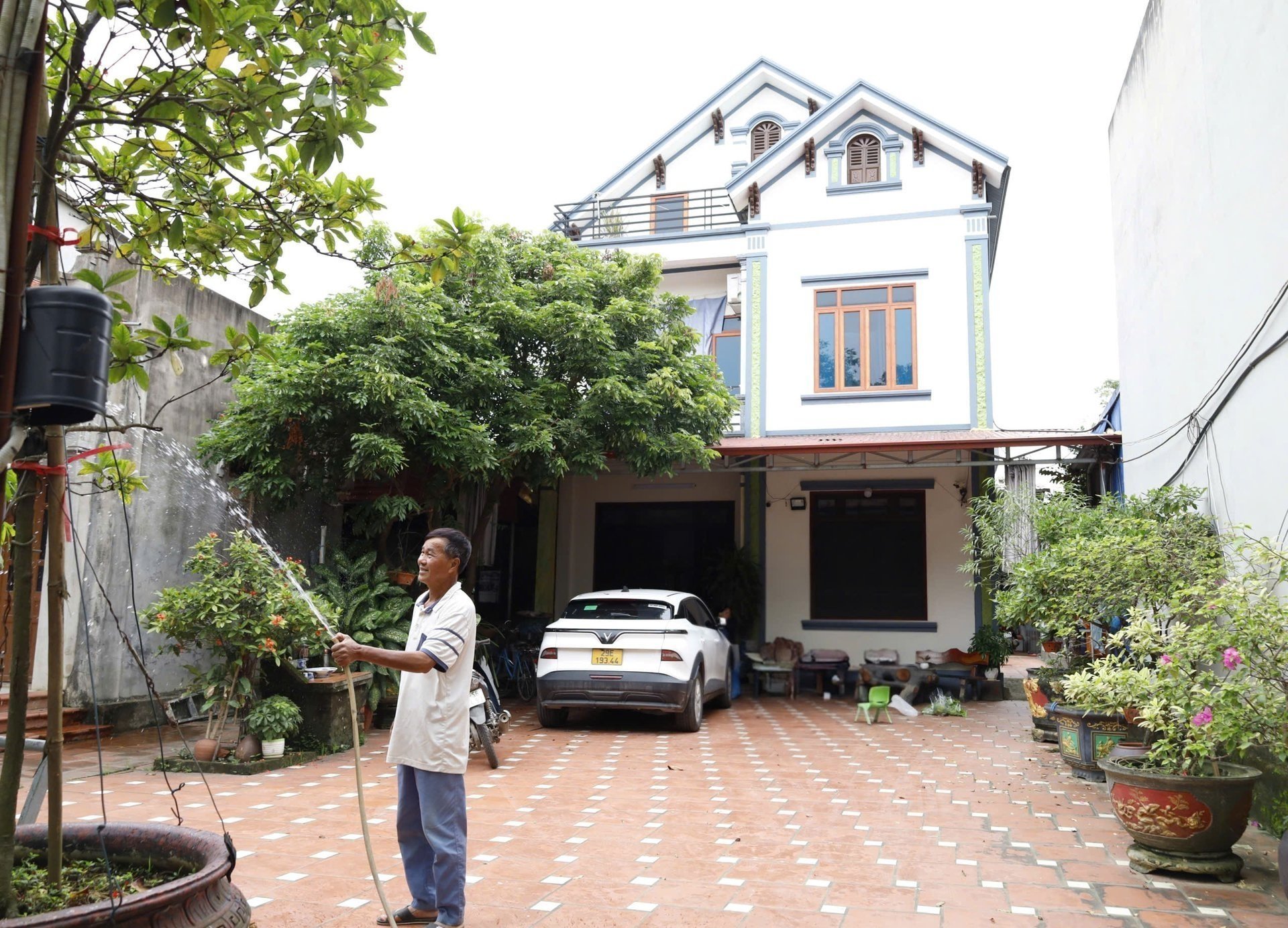
Not only an activist, Mr. Sang is also a bridge between businesses and farmers, between the government and production facilities. Photo: Hoang Hien.
Currently, the amount of vegetables produced has stabilized but is not enough to meet market demand. The cooperative is looking for more high-value output to bring better income to farmers. The expansion of the growing area is also to meet the growing consumption trend for clean agricultural products.
“The market for safe vegetables is now very large. I opened more to find better outlets for people,” Mr. Sang shared.
Not only an activist, Mr. Sang is also a bridge between businesses and farmers, between the government and production facilities. From the heart of a person with deep love for his homeland, he helps people change their production mindset - from fragmented to connected, from spontaneous to sustainable.
The organic vegetable model in Trung Gia today is not only a business story, but also a testament to the farmers' daring spirit. Together with the Cooperative and the local government, people like Mr. Sang have contributed to creating "new vitality" for the suburban area of Hanoi that is changing strongly.
Among the lush green vegetable beds, among the hands tending each bed of cabbage and kohlrabi, one can clearly see the belief in a future of clean, sustainable agriculture , where the people of Trung Gia not only own the products but also proactively access information to increase income and develop sustainably.
Source: https://nongnghiepmoitruong.vn/suc-song-moi-tai-trung-gia-bai-3-nang-tam-nong-san-qua-thong-tin-d785138.html


![[Photo] General Secretary To Lam receives President of the Senate of the Czech Republic Milos Vystrcil](/_next/image?url=https%3A%2F%2Fvphoto.vietnam.vn%2Fthumb%2F1200x675%2Fvietnam%2Fresource%2FIMAGE%2F2025%2F11%2F21%2F1763723946294_ndo_br_1-8401-jpg.webp&w=3840&q=75)
![[Photo] President Luong Cuong receives Speaker of the Korean National Assembly Woo Won Shik](/_next/image?url=https%3A%2F%2Fvphoto.vietnam.vn%2Fthumb%2F1200x675%2Fvietnam%2Fresource%2FIMAGE%2F2025%2F11%2F21%2F1763720046458_ndo_br_1-jpg.webp&w=3840&q=75)
![[Photo] Visit Hung Yen to admire the "wooden masterpiece" pagoda in the heart of the Northern Delta](/_next/image?url=https%3A%2F%2Fvphoto.vietnam.vn%2Fthumb%2F1200x675%2Fvietnam%2Fresource%2FIMAGE%2F2025%2F11%2F21%2F1763716446000_a1-bnd-8471-1769-jpg.webp&w=3840&q=75)
![[Photo] National Assembly Chairman Tran Thanh Man holds talks with President of the Senate of the Czech Republic Milos Vystrcil](/_next/image?url=https%3A%2F%2Fvphoto.vietnam.vn%2Fthumb%2F1200x675%2Fvietnam%2Fresource%2FIMAGE%2F2025%2F11%2F21%2F1763715853195_ndo_br_bnd-6440-jpg.webp&w=3840&q=75)




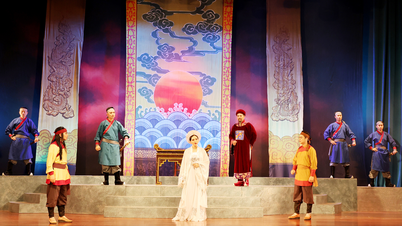

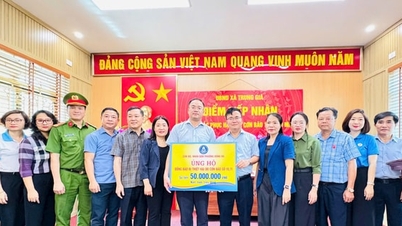

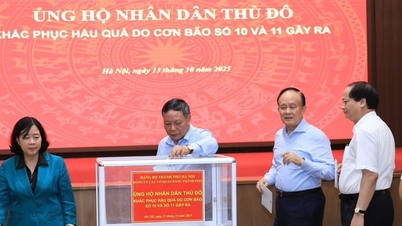
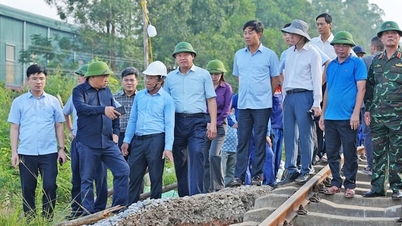

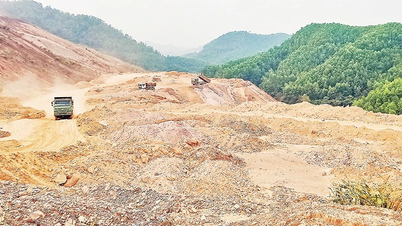

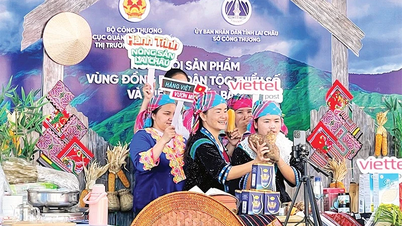
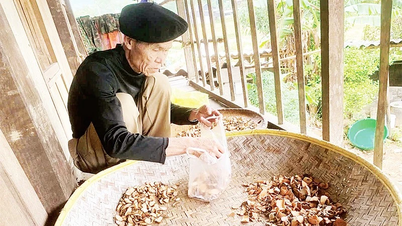
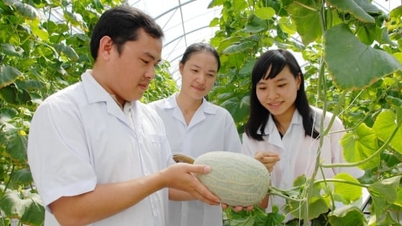
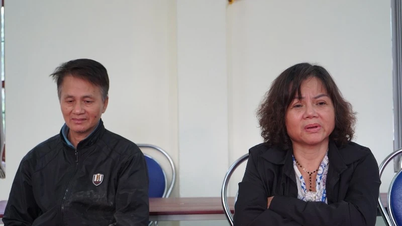
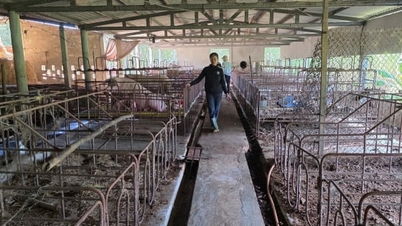




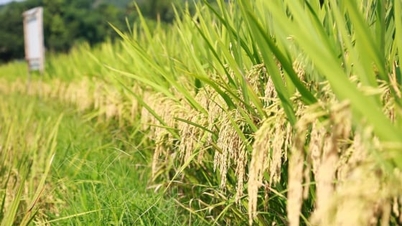
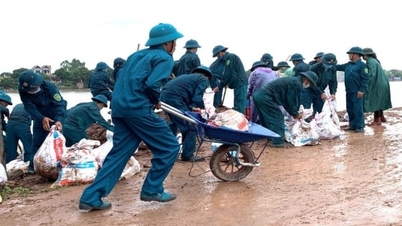

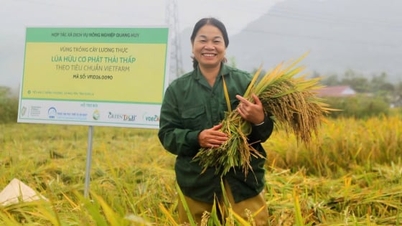

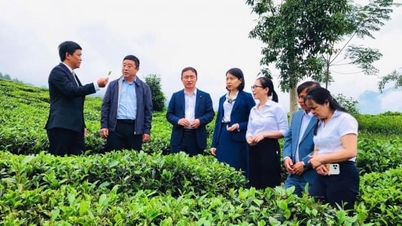












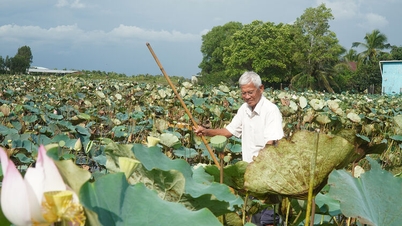

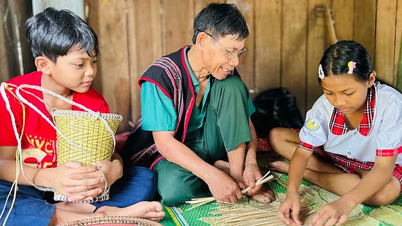










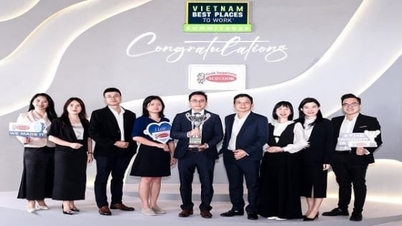


























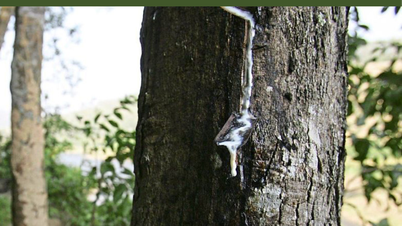


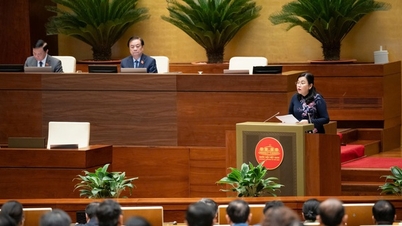
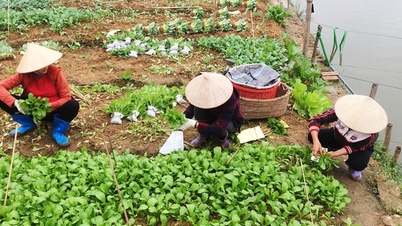
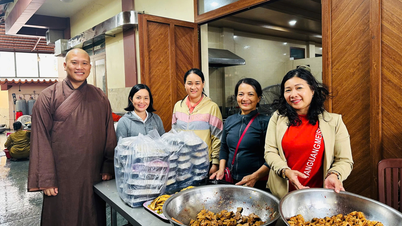

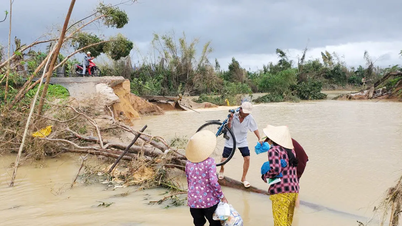

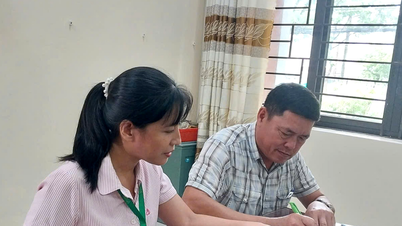


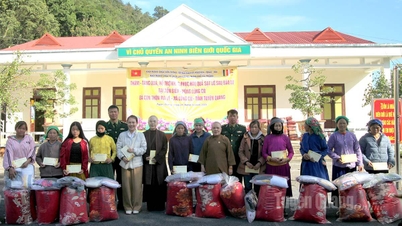

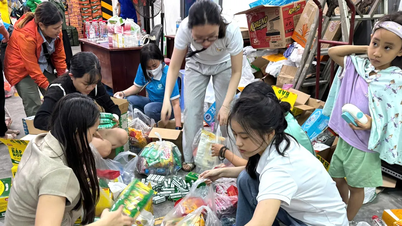











Comment (0)